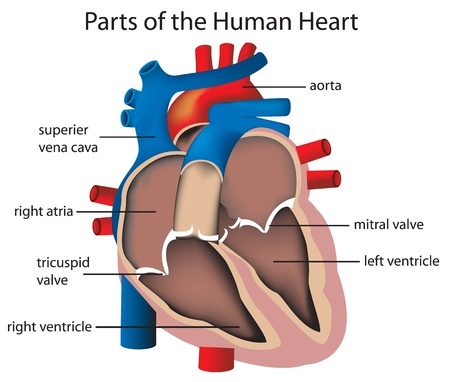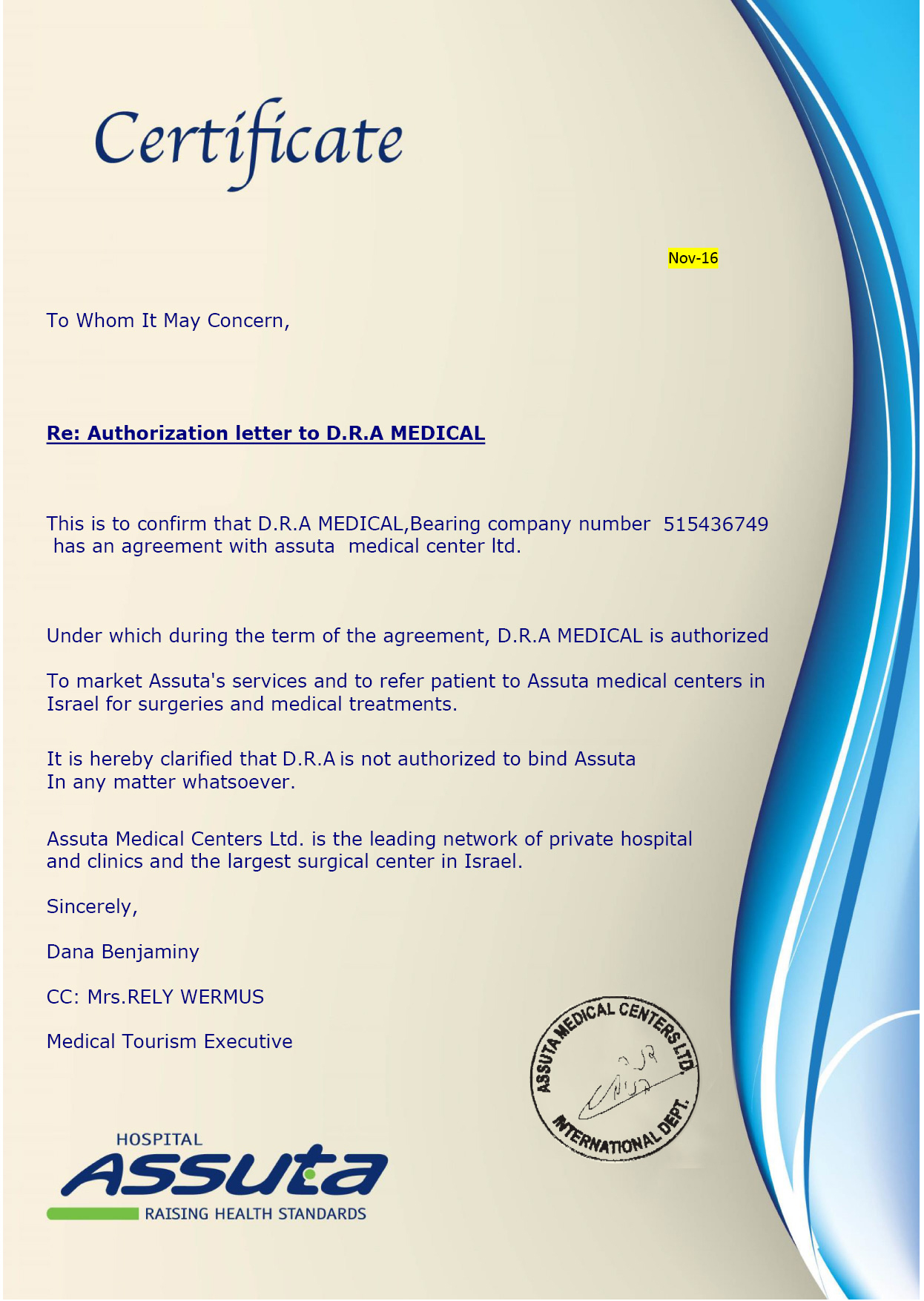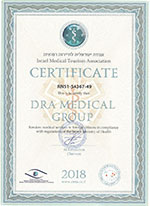Overview
Our hearts should only pump blood in one direction and heart valves are crucial to guarantee this one-way flow. Heart valves open and close with each heartbeat at just the right time for blood to progress and not go backwards. Like any other organ in our bodies, our heart valves can get sick and if there are problems with the valves, that will take a toll on the heart. In general, problems that valves can suffer from include:- Not opening enough or not letting enough blood pass through (stenosis)
- Not closing appropriately, thus letting blood leak to where it shouldn’t (regurgitation)
- Prolapse, i.e., the leaflets that compose the valve do not close adequately and, as such, they flap back from the inferior compartment of the heart (the ventriculum) to the superior compartment (the atrium). This is more common in women and on the left side of the heart.

If the damage is present to a level that repairing alone does not solve the problem, the surgeon will remove the sick valve and replace it with an artificial one. There are two types of prosthetics valves:
- Mechanical valves - made from synthetic materials
- Biological valves - taken from pig, cow or human donors. The best valve depends on each individual’s disease and it’s on the surgeon to make that decision.
Advantages and disadvantages of heart valve therapy
Heart valve surgery (both valve repair and valve replacement) is an extremely important therapeutic option for patients whose heart is sick and weakened. Overall, its biggest advantages include the preservation of heart muscle strength and the decrease in the need for anticoagulant medication for the rest of the patient’s life. The procedure will help the heart to function more effectively. Symptoms will gradually improve and that will result in a clear improvement in the patient’s quality of life.Heart valve surgery does not have disadvantages per se, but there are some risks involved, which you can find listed below.

Reasons for the procedure
If a heart valve does not work properly and drugs are not helping the heart to cope with the increased workload that comes with valve disease, surgery might be the best approach to deal with the problem, whether that is stenosis or regurgitation.Signs that a patient with heart valve disease might be eligible for surgery include situations in which defects in a valve are resulting in a number of serious symptoms, like chest pain, shortness of breath, fainting and heart failure; and test results showing that the heart’s normal functioning is being strongly impacted by the affected valve.
Some of the heart valve problems treated with surgery include: aortic insufficiency, mitral valve prolapse, tricuspid regurgitation and many more.
Risks of the procedure
Like all surgical operations, heart valve surgery is not risk free. This risk is influenced by the patient’s age, type of valve damage and overall health condition. Such risks may include:- Endocarditis, a rare, but serious infection of the heart valve
- Infection at the site of incision
- Blood clot formation
- Bleeding
- Heart attack
- Strokes
- Pneumonia and breathing problems
- Arrythmias, i.e., abnormal heartbeats
- In case of valve replacement, a malfunctioning of the implanted prosthetic valve might require further surgery
Contraindications for the procedure
Because of the complexity and diversity of heart valve disease and surgical techniques and materials available, it is nearly impossible to compile a comprehensive list of contraindications for this procedure. Possible contraindications include a history of chest surgery and an allergy to materials that are a part of the composition of the prosthetic heart valves.Specialists at the DRA Medical are very experienced in performing the heart valve surgeries and can advise the most suitable approach for each individual patient.










